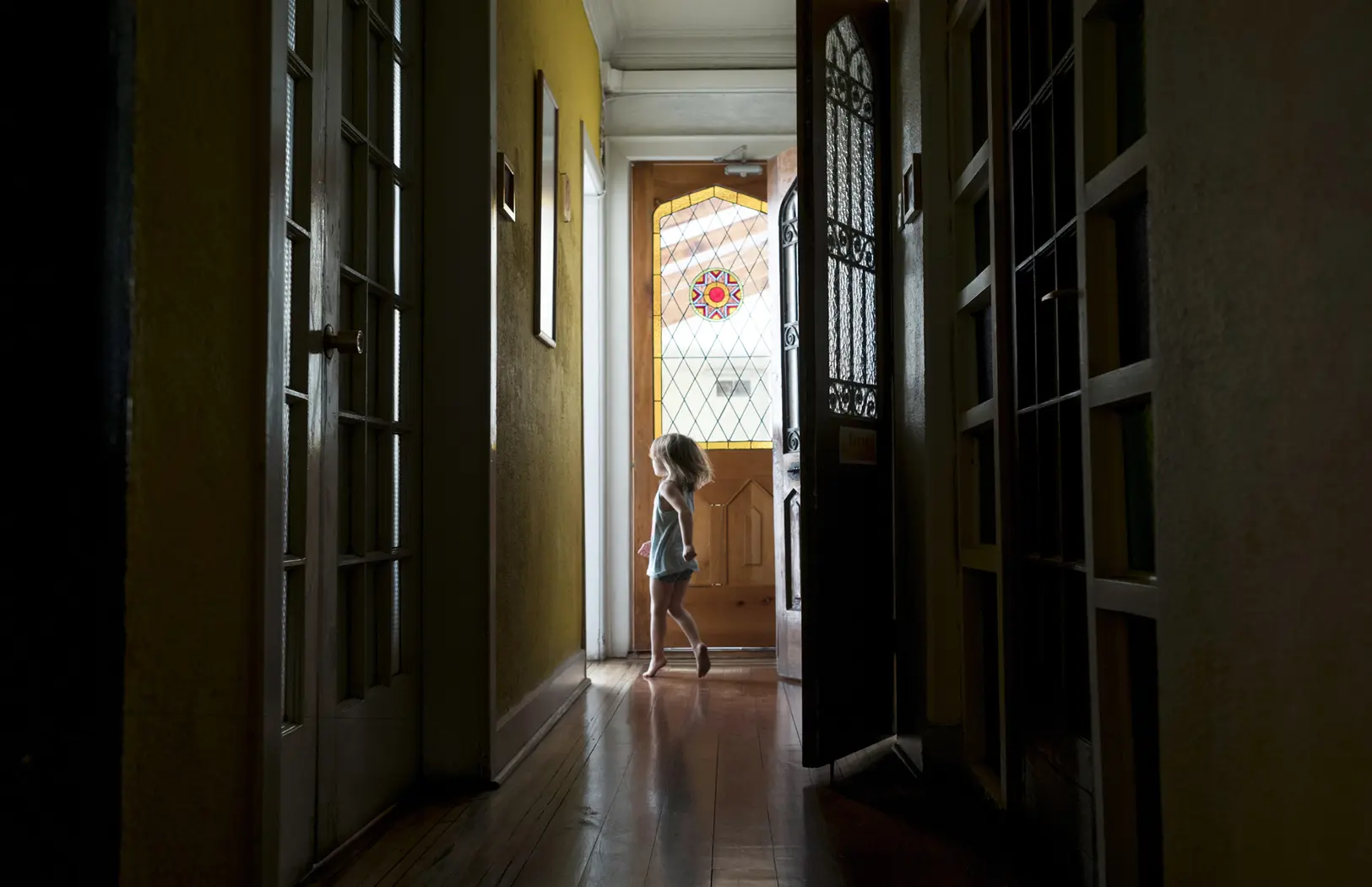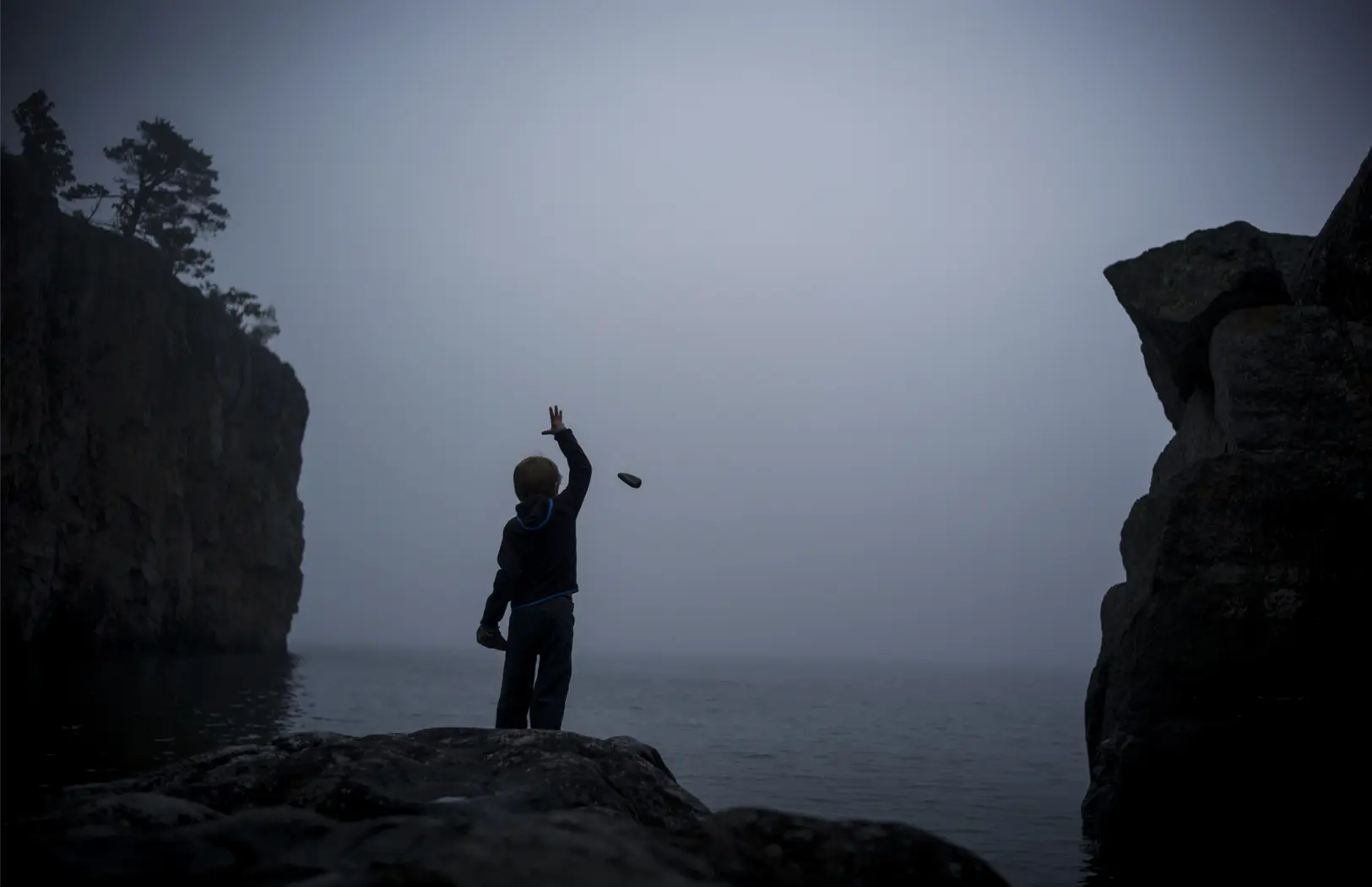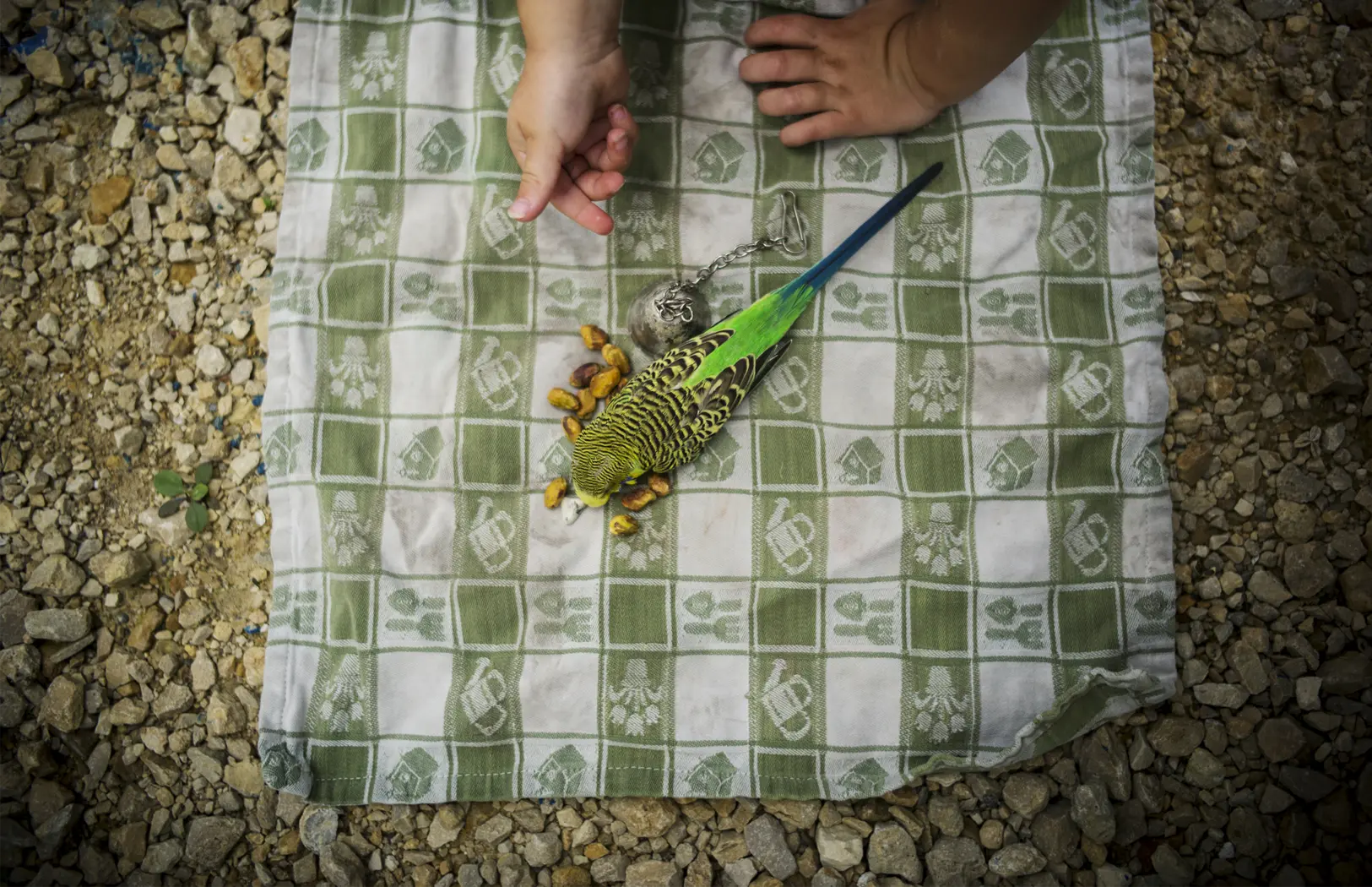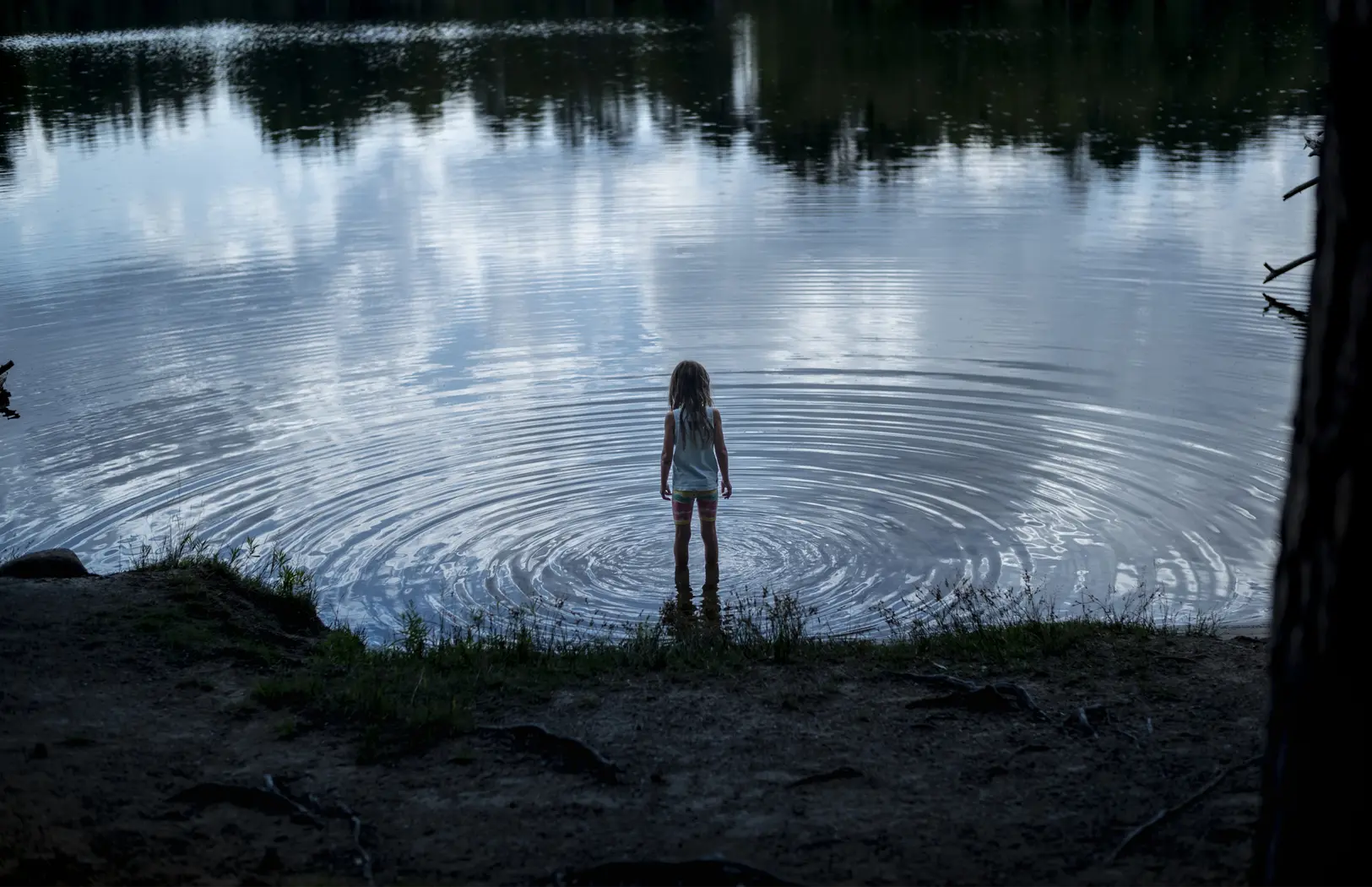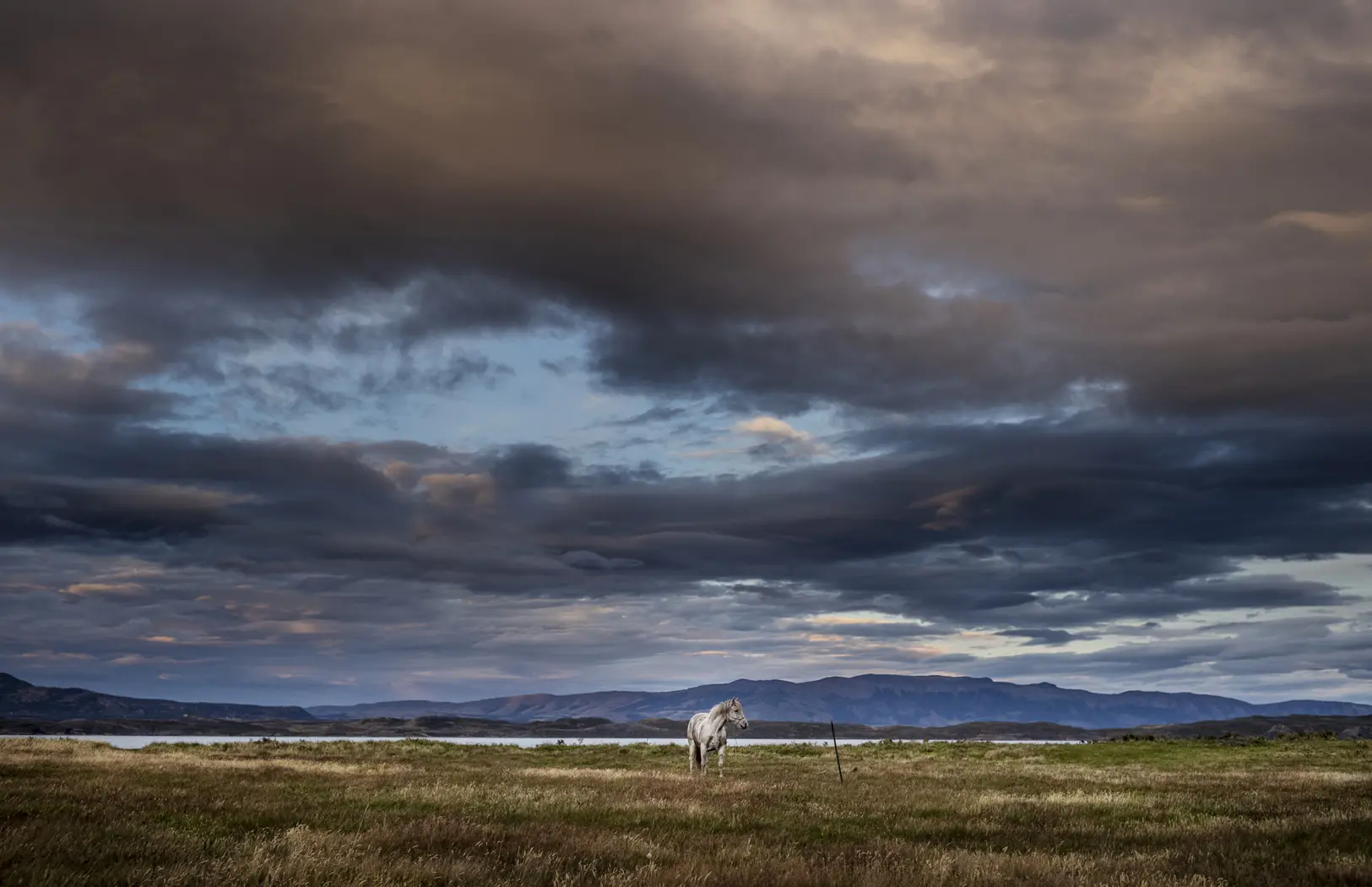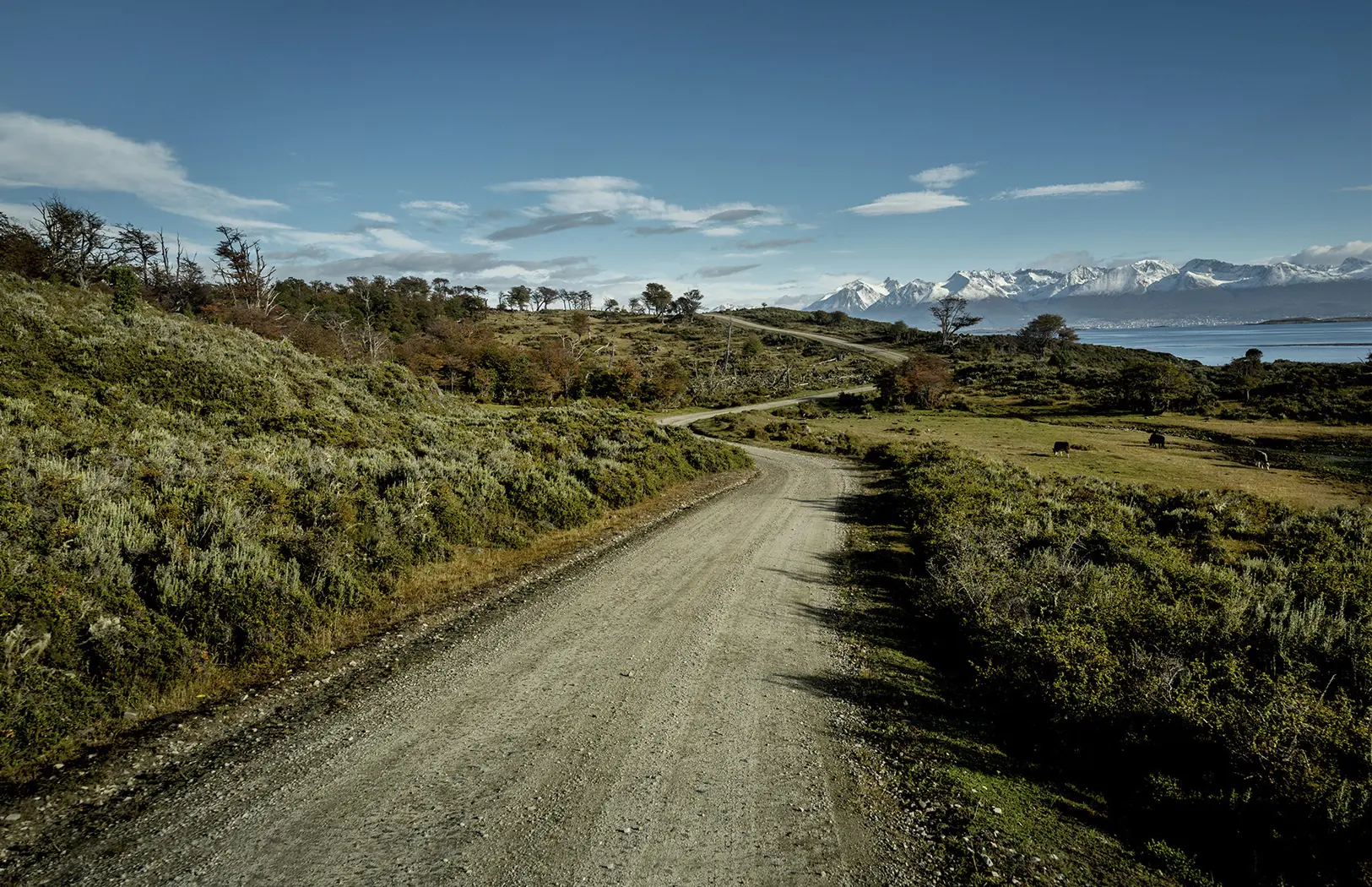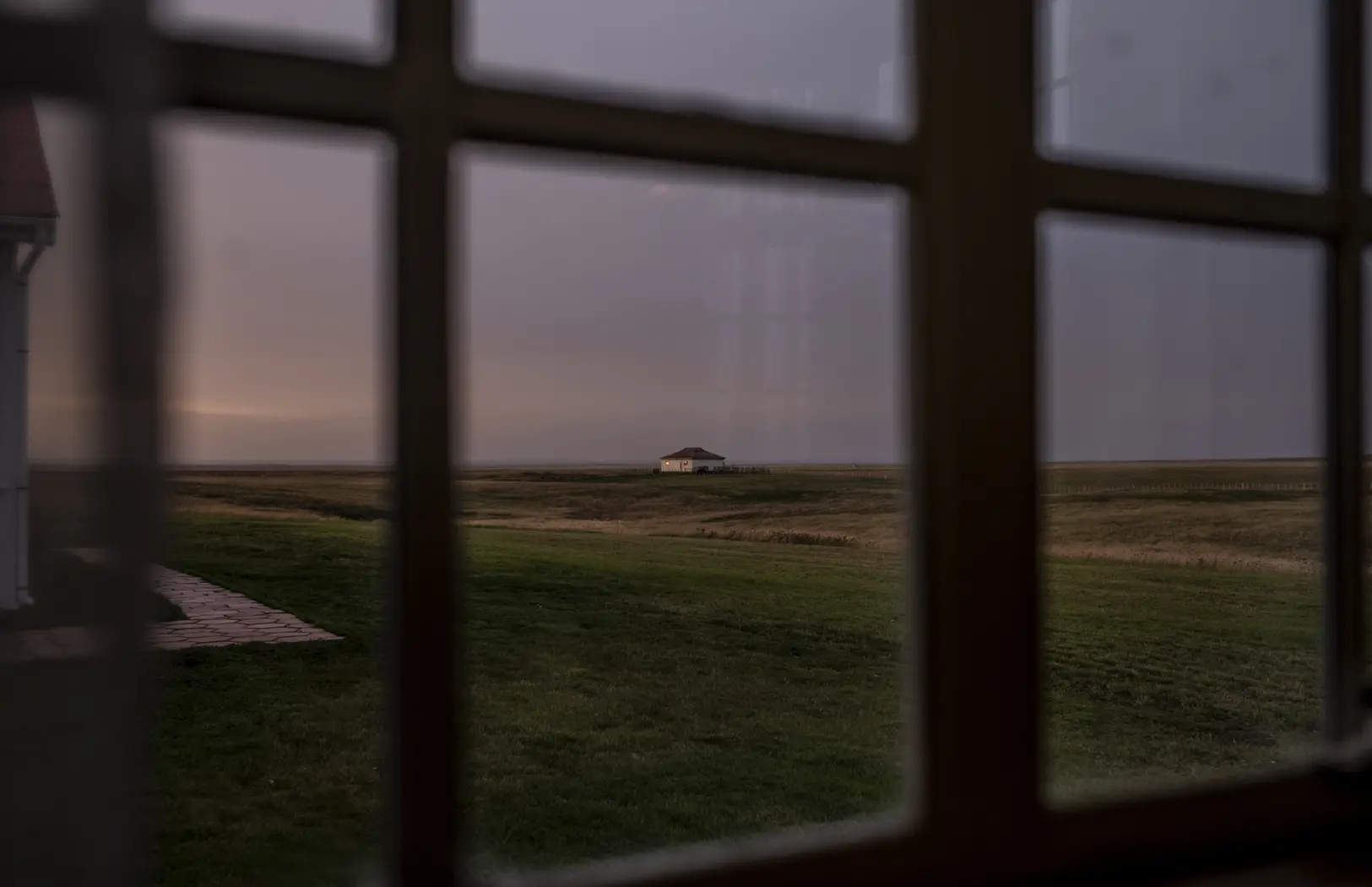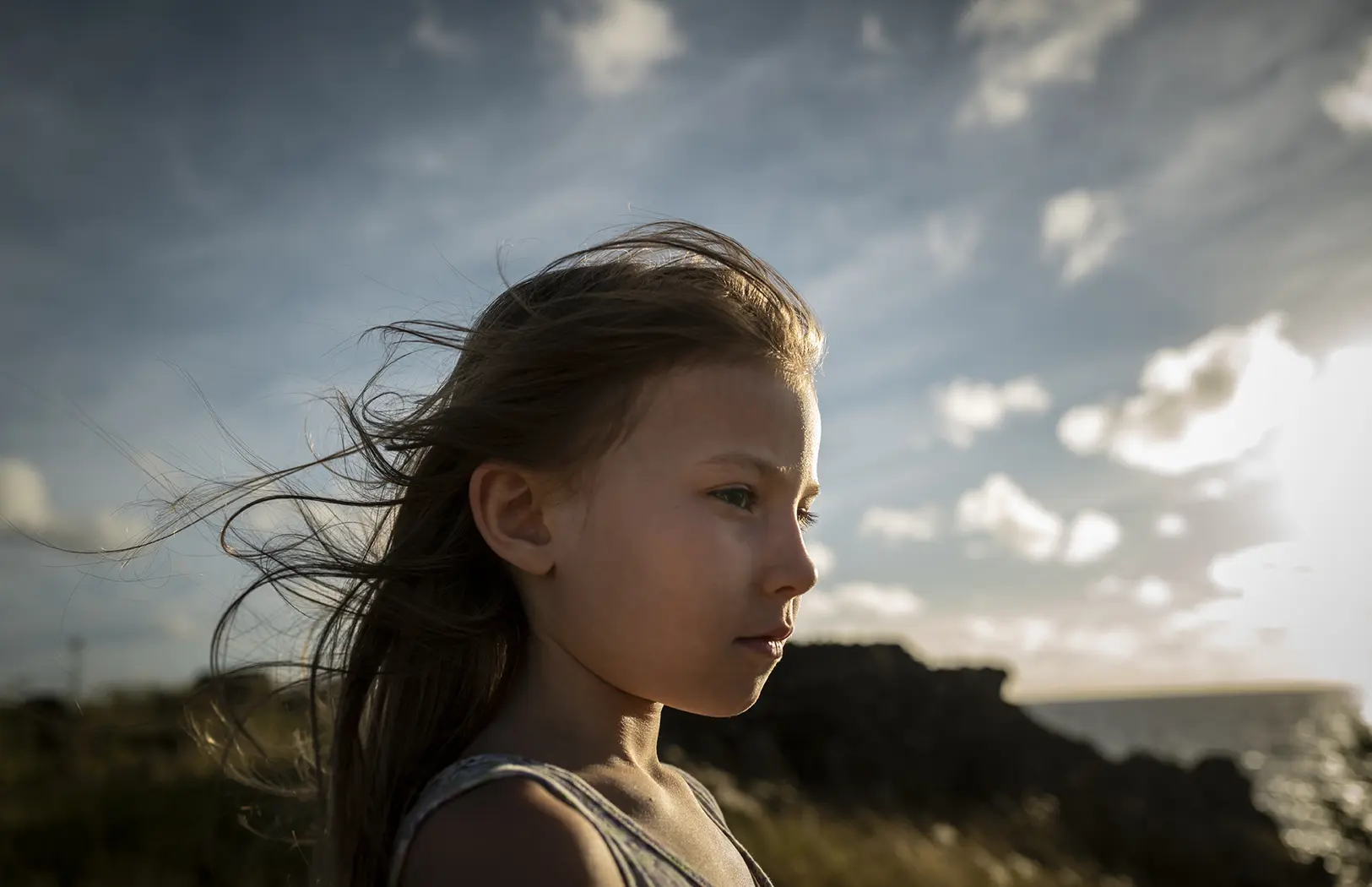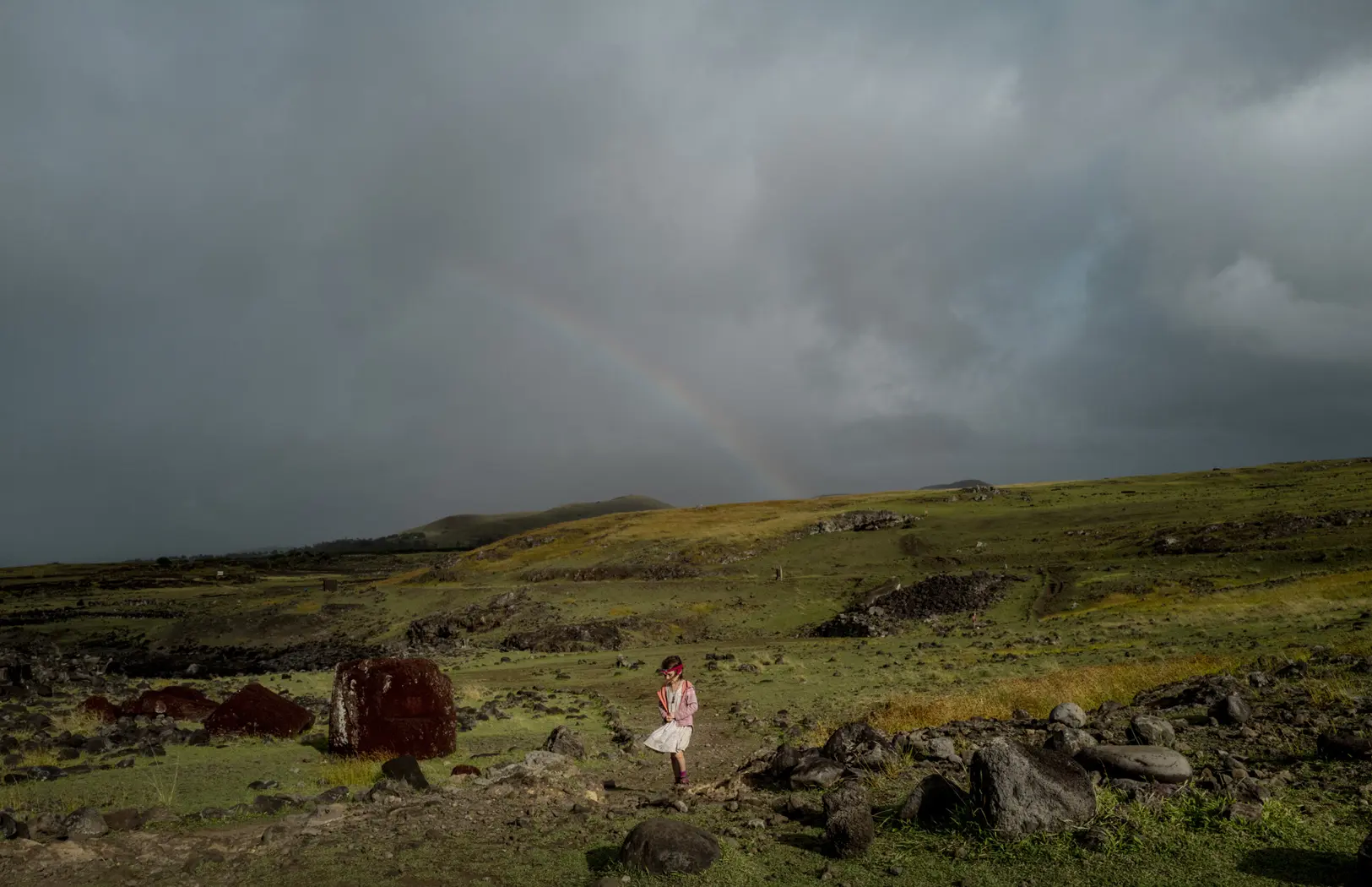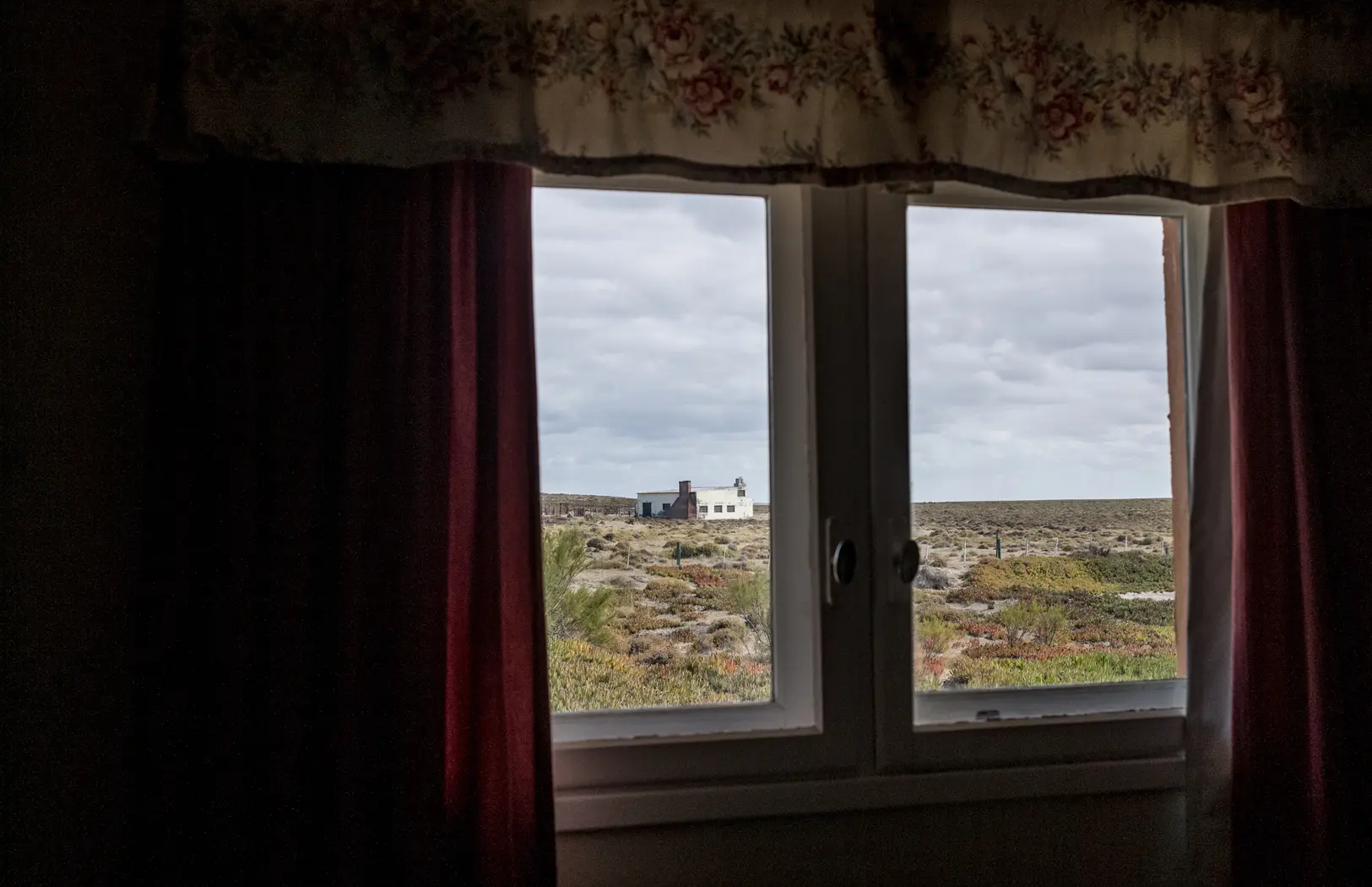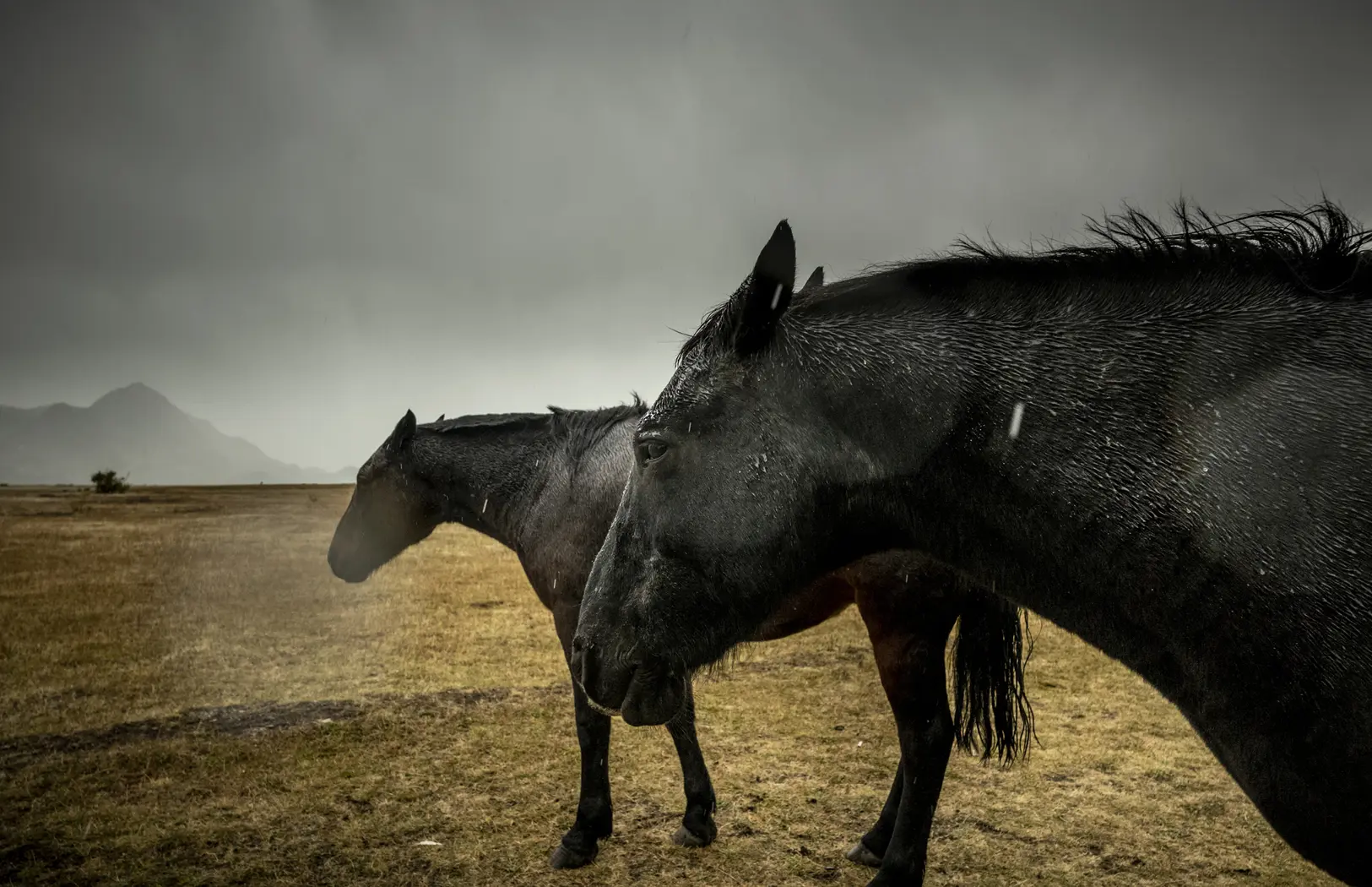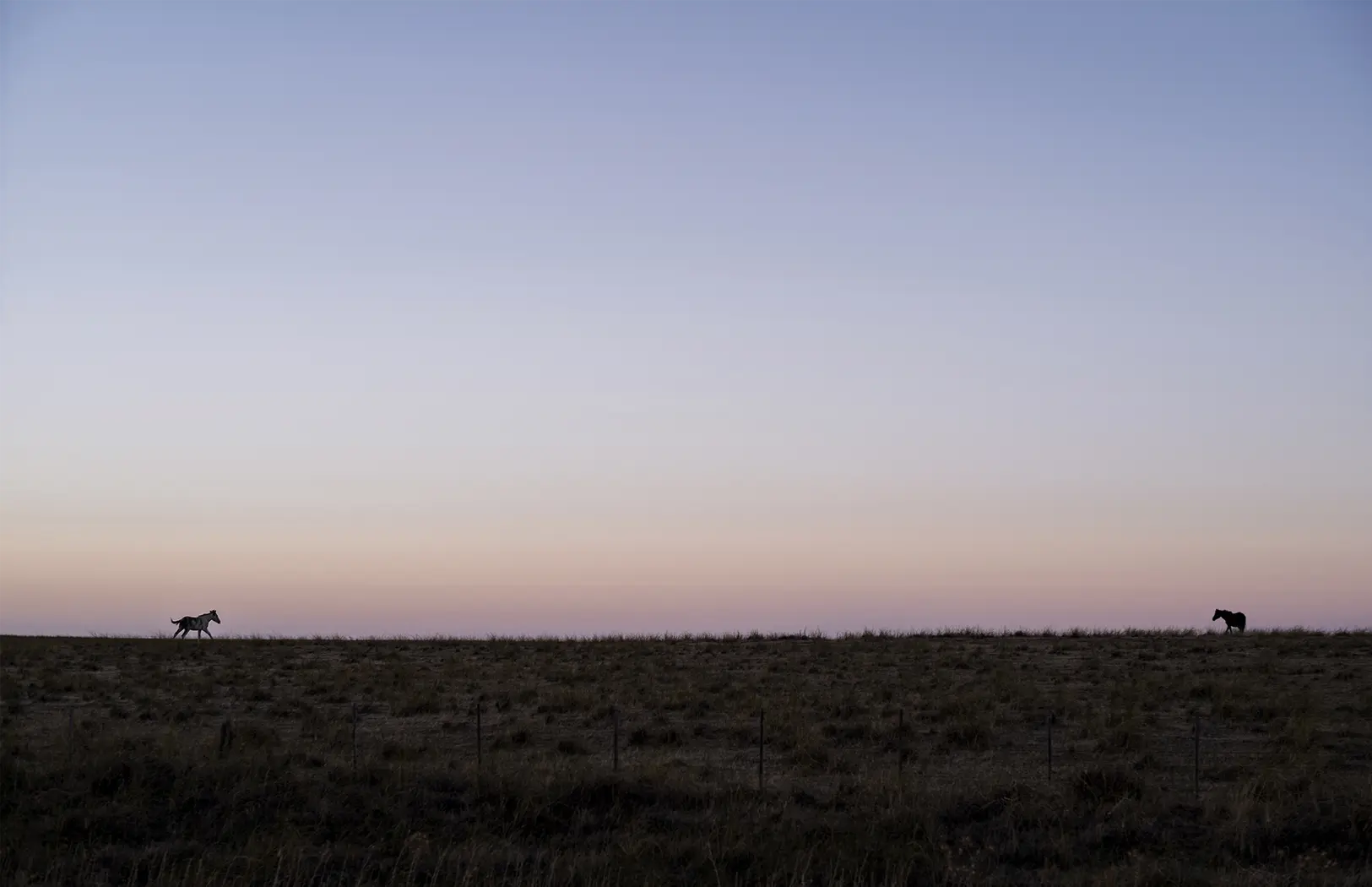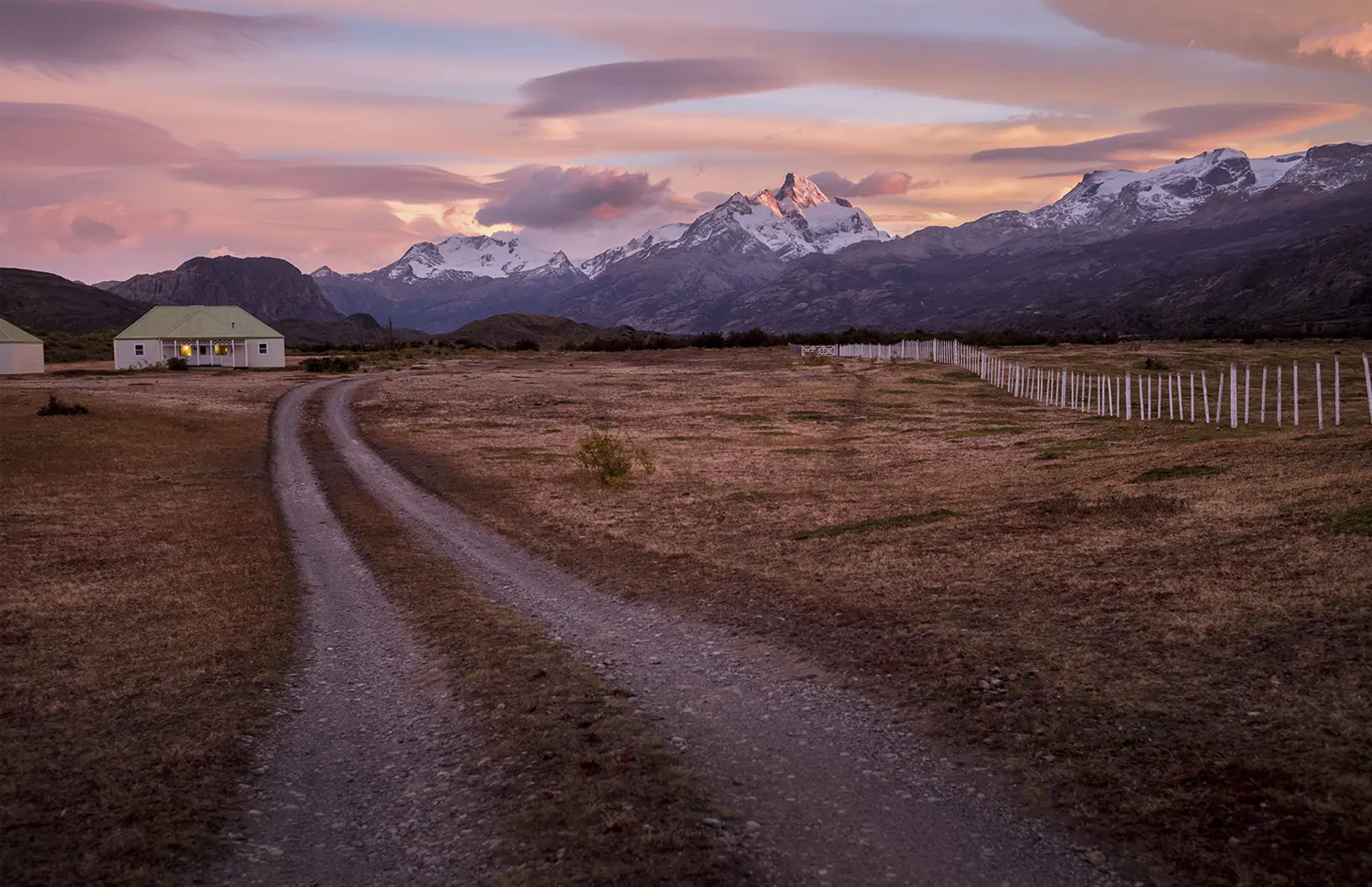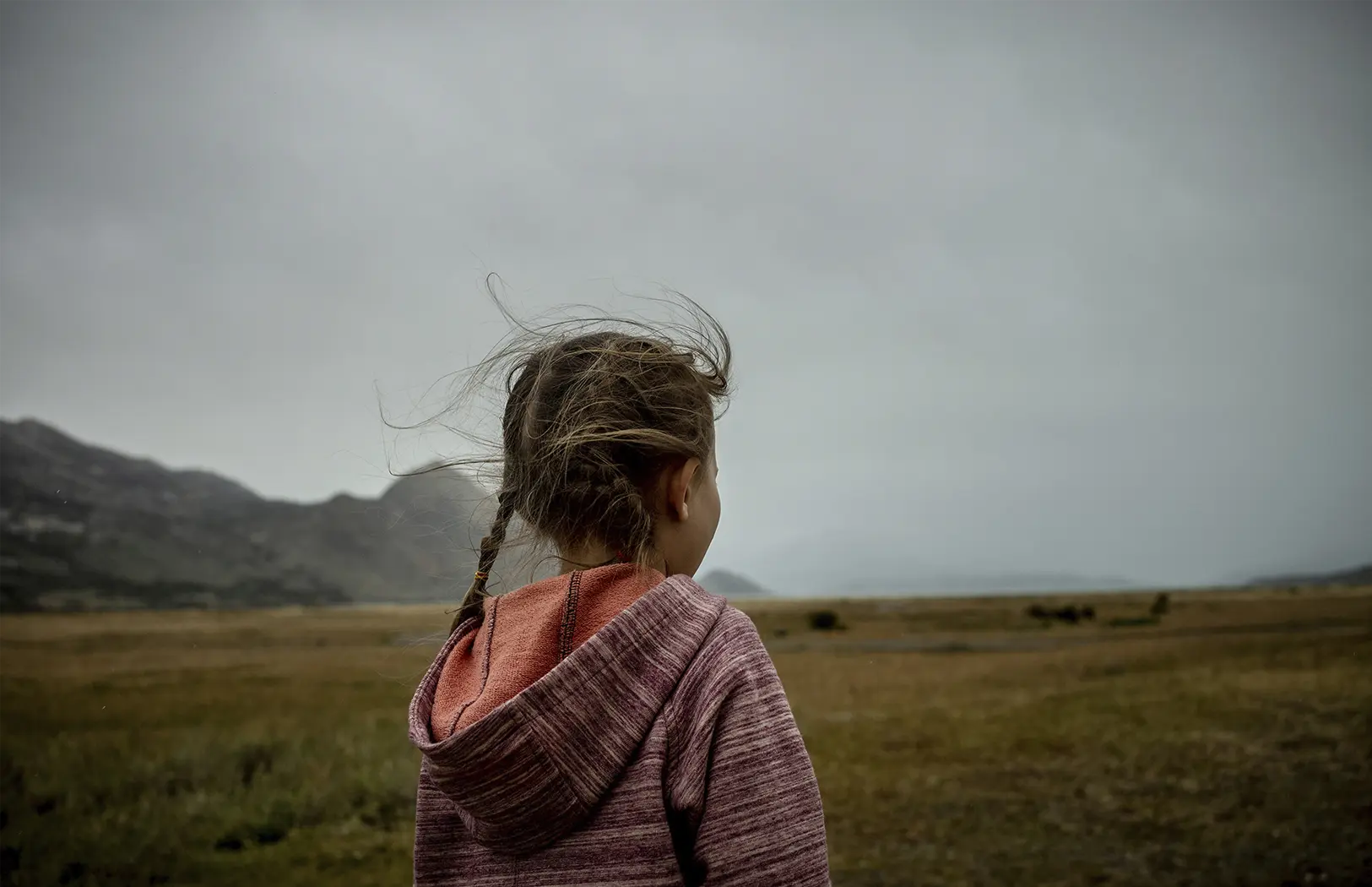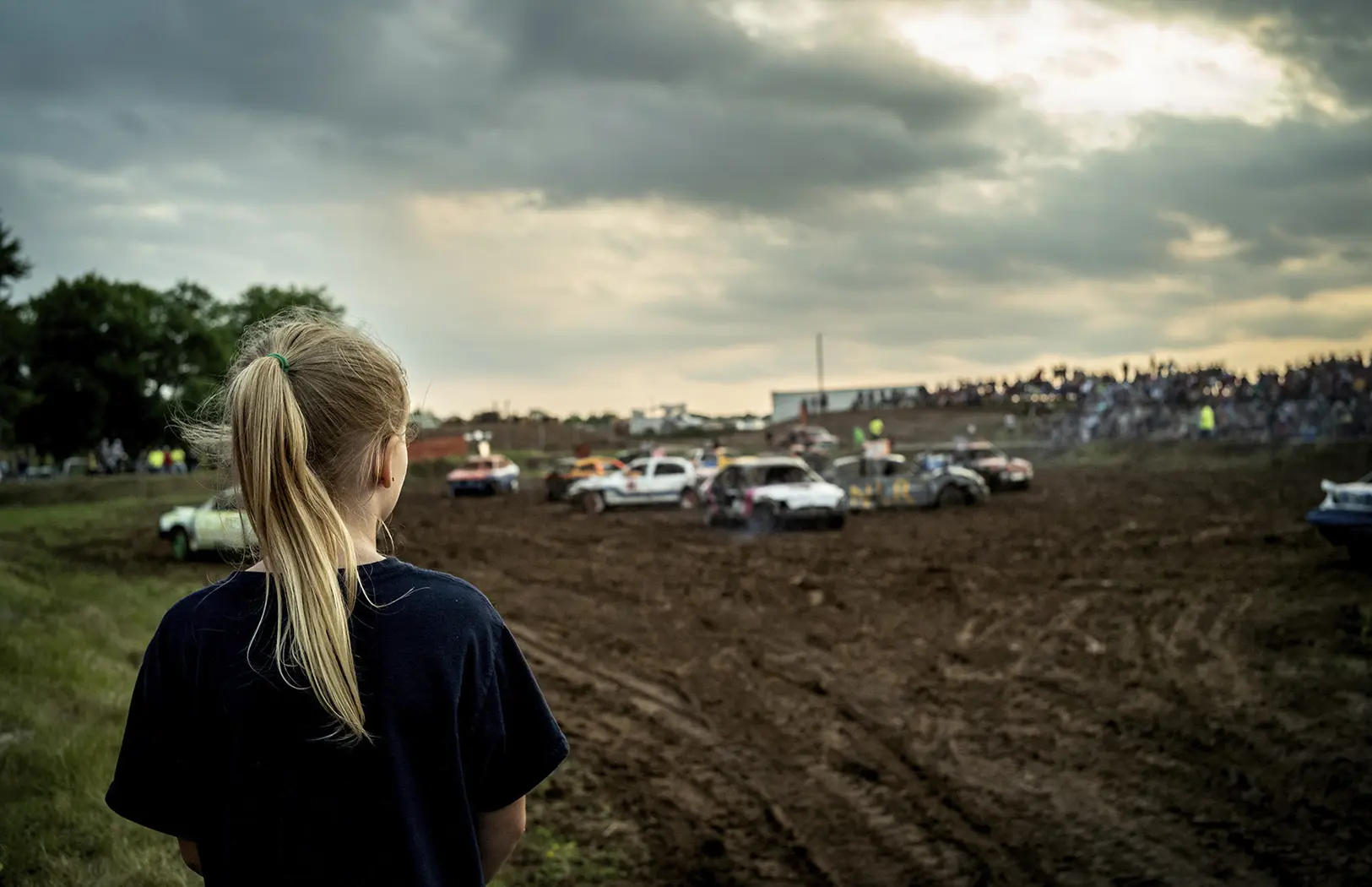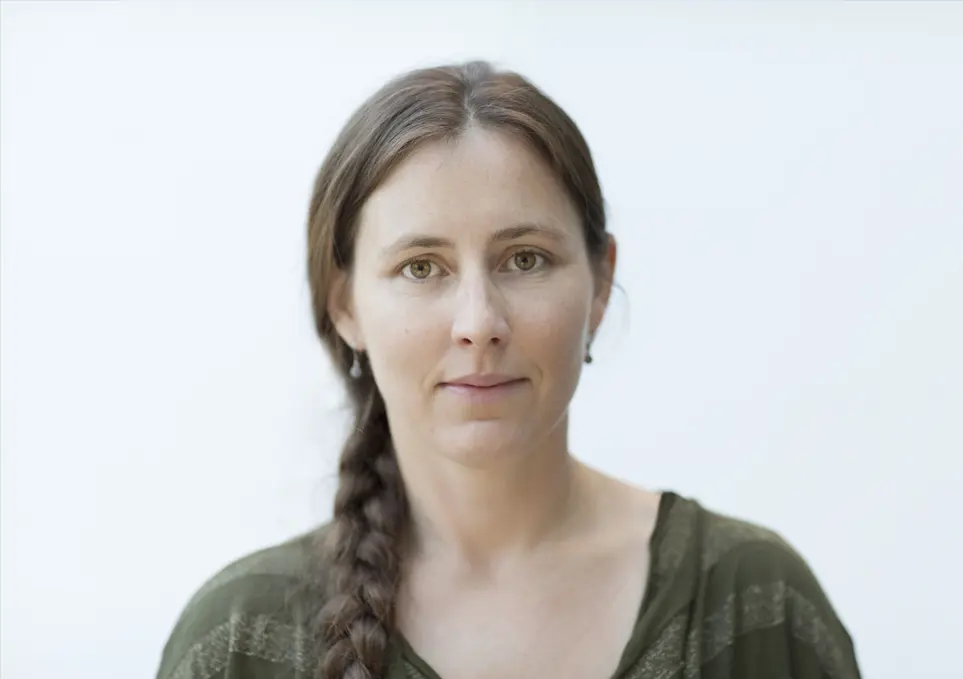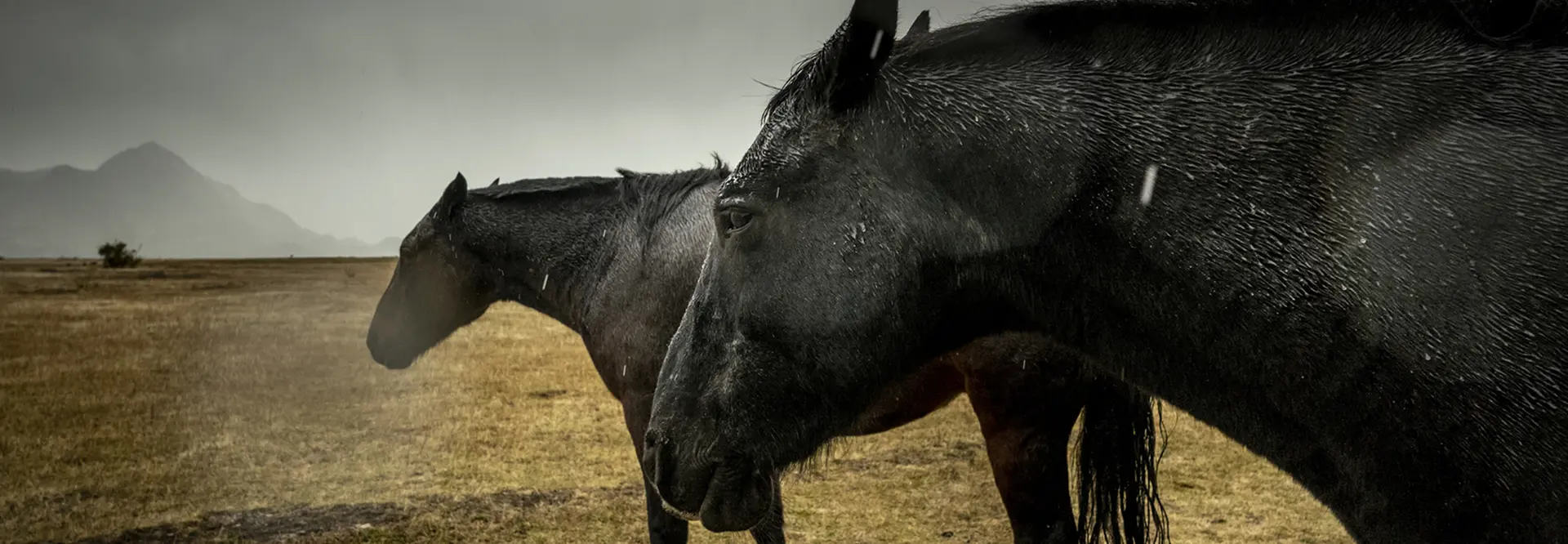
Her Legacy
Sara Rubinstein
Discover what drives commercial photographer and director, Sara Rubinstein, to pursue photography and how her experiences influenced her perspective on visual storytelling.
1. Tell us the story behind the first image you ever made.
I think I captured images for years before ever truly making one with purpose. For me, making a photograph carries a distinction different from capturing one. Making a photograph for me involves channeling something of my experience and humanity into an image. The first photograph I ever captured was likely of a horse name Daisy when I was 8. I think the first image I honestly crafted was of a young Thai boxer. I was in my early 20s, traveling solo throughout Thailand, photographing Muay Thai fighters (Thai Boxing). Martial arts were a big part of my life during those years; creating a body of work around Thai boxing was my first experience where life and photography merged into something I felt connected to on a deeper level.
2. What are some of the challenges you’ve encountered in your visual storytelling, and how did you approach these issues
As a commercial photographer, I had years where I struggled to find my own vision within commercial projects, or in-between them. Because I started in commercial photography at the age of 22, in a way I entered photography backwards, listening to the visions of brands and agencies, bringing those to life before discovering my own aesthetic and voice. Truly, I started in this business before discovering myself as a human. I often feel I grew up through and with my cameras and images. That feeling continues as I age.
The path to finding my photograph voice has always been consistent. I find I need to be curious and open to the world around me, including looking inward at my role as a working mother and outward to the experience of those I photograph. For me the best images are made because of some insight into humanity or through an emotional journey with myself or the subject.
3. What is a piece of advice offered to you, related to photography, that has been most valuable to you?
I was told once that my images looked cautious, as though I was not allowing myself to be brave in my work. That single piece of advice follows me anytime I visualize a capture, cast an actor, direct a scene or make a picture. There is a freedom and joy in being brave in visual endeavors. Taking creative risks adds depth, authenticity and grit that resonates beyond the page.
4. Of all the projects you have worked on, which one left an indelible impression on your current point of view?
I just wrapped up a large scale broadcast commercial project in which I served the role of both director and photographer. Moving into directing motion, alongside still captures, has opened up wonderful new opportunities of storytelling through visuals. There are new opportunities for deeper collaboration, which feels like a natural progression through this stage of my career.
5. Based on your experiences, what advice would you give the next generation of photographers?
I think for young photographers it is wise to consider their definition of success. Is success based on the depth of your portfolio? Is it based on awards or financial success, is it based on the stories you might tell, or perhaps social change you might affect through your work? I think slowing down and allowing yourself space to process thoughts is necessary and helpful. It’s also smart to consider the definition of success for yourself as a human, outside of career goals.
I think the best advice for young photographers might be to (a) follow your gut and (b) there is no right way to do things, experimentation is a beautiful thing (c) your definition of success changes throughout life.
I’d also recommend keeping your mental health at the forefront of your mind. At the end of your life, how can you look back and be proud of your work and also proud of your life and how you moved through it?
6. Of all the images you have made, which one is most important to you? Why?
An image of my son on the shores of Lake Superior is most special to me. It was made after he had a critical illness that luckily turned out to be curable. This image to me represents his childhood, his return to health, his grit and our love for him.
7. What image do you see, but have not yet created?
Great question. There are so many. I think my work gets more intimate and more emotional with age. I have spent much of my career creating commercial work for commerce, I’m finding I now crave a different level of depth in my work. Much of that is transitioning towards telling stories in motion form.
8. What are some of the challenges female photographers face when trying to make it?
The unconscious bias against women has for me always felt present and overarching. I think assumptions are that women are less technical, less able, and overall, simply less. That being said, I believe something has changed quite dramatically in the past few years. I feel something has broken open in our industry, hiring women has quickly moved towards the realm of being normalized. We are not there yet, but I feel there has been a seismic shift for women in our industry, I hope that continues for women and also for photographers that represent communities of color and LGBTQ+ photographers.
9. What are your hopes and expectations for the Leica Women Foto Project?
I love that Leica is supporting female vision. My hope is that media we see in the world continues to be made by a more diverse group of storytellers, so that we can learn about the world through the lenses of more diverse groups. The existence of the Leica Women Foto Project gives me hope.
10. In your opinion, what characterizes a female perspective. How does it differ from a male perspective?
As storytellers, we draw on our personal experiences from life and translate those into our visions. This personal experience is the piece that resonates through an image and into the emotions of the viewer of the image. Inherently, the personal experience of the photographer is there- in the obvious and the subtle. Personally, through my life experience as a female, I draw upon themes of motherhood, strength, love, human connection, grit and the vastness of time and space, throughout all of my work.
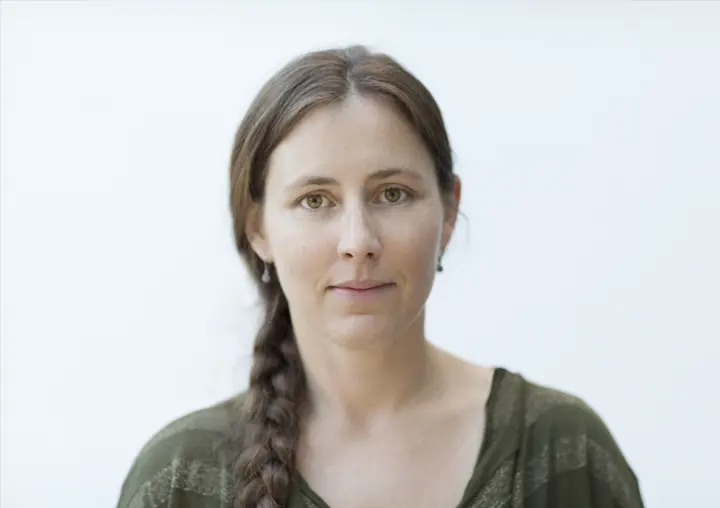
Connect with Sara
Her story doesn't end here.
Continue the journey with Sara Rubinstein on social media:
Instagram: @rubinsteinphoto
Website: www.rubinsteinphoto.com
